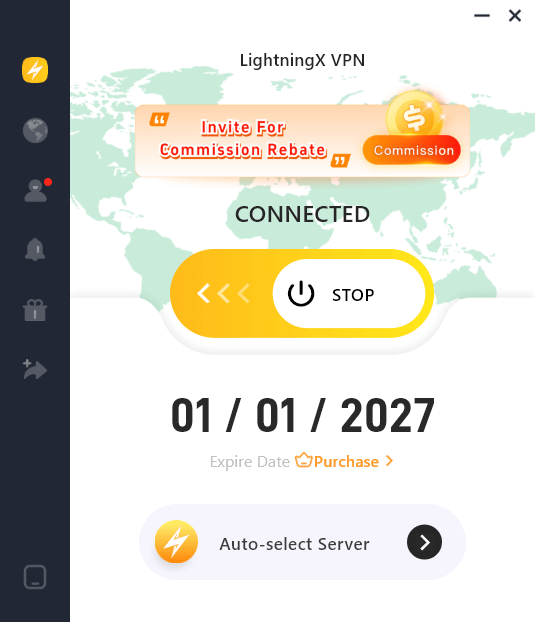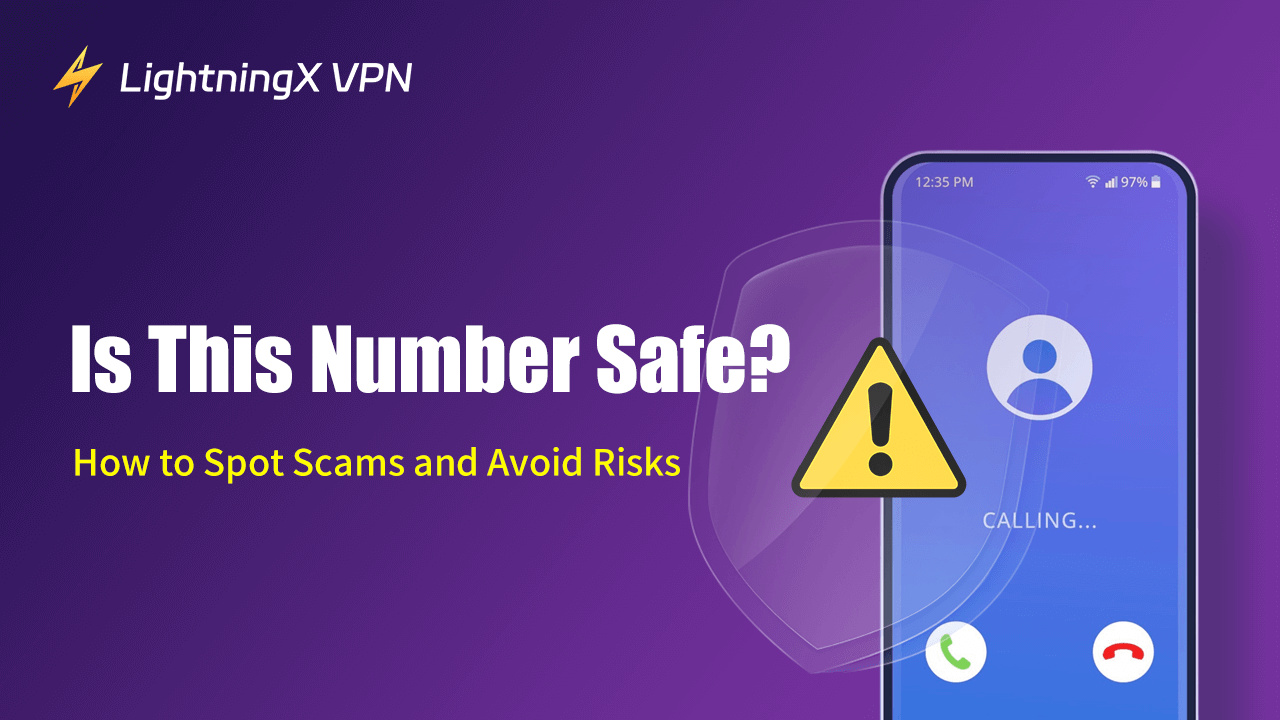Have you ever seen your phone ringing and wondered, “Is this number safe?” It happens to most of us at some point. A random phone number shows up, and you don’t recognize it. Should you answer? Or should you let it go to voicemail and hope it’s not a scam? It’s not always easy to know, especially with the rise of phone scams and fraud attempts these days. To ease your mind, I’ve got some tips to help you figure out whether that phone call is legitimate or not.
The Rise of Phone Scams
Your phone never stops buzzing with unknown numbers. One moment, it’s a pizza delivery. The next is a school update about some last-minute event changes. Sometimes, it’s the government sending out an emergency notice. You never really know.
And then there are the scams. They’ve been around forever, sure, but these days? They’re on a whole different level. It’s no longer just some robotic voice telling you you’ve won a free vacation. Now, scammers are getting creative – impersonating tech support, posing as bank officials, even pretending to be a relative in trouble.
Who even falls for this stuff? But don’t be so quick to judge. These people know exactly what they’re doing. They sound convincing, use local area codes, and create a sense of urgency that makes you second-guess yourself. Before you know it, you’re caught in their web.
Spotting the Red Flags – Is This Number Safe
So, how do you avoid falling into their trap? How do you spot these scams and protect yourself from the risks? Well, here’s how you can tell if a number is safe or not.
Unsolicited Calls and Unknown Numbers
If you get a call from an unknown number, especially one that seems to be coming from an area code you don’t recognize, your first instinct might be to answer out of curiosity. However, unknown numbers can be a warning sign. Scammers often use random or masked numbers to try and get you to pick up. It’s a good idea to let the call go to voicemail if you’re not sure who it is.
Unusual Requests for Personal Information
Another red flag is when the caller asks for sensitive information like your Social Security number, bank account details, or credit card numbers. A legitimate company or government agency will never ask for this kind of information over the phone. If someone calls and makes these requests, hang up immediately. Don’t engage, and don’t give out any personal details.
Urgent or High-Pressure Tactics
Scammers often create a sense of urgency to pressure you into making a decision. You might hear phrases like, “You need to act now!” or “This offer won’t last long!” This is a classic scam tactic designed to make you feel rushed and anxious. Whether it’s an “urgent” medical bill, a supposed family emergency, or a fake prize you’ve “won,” always take a step back and think critically.
Robocalls or Pre-Recorded Messages
While some automated calls are legitimate, many are not. If you answer the phone and hear a pre-recorded message instead of a real person, that’s a big red flag. These robocalls often ask you to press a number or take some kind of action, and they’re designed to get you to reveal personal information or make a payment. If you get one of these calls, don’t engage. Hang up and block the number.
Check the Number
Sometimes, scammers will go so far as to spoof the phone number to make it look like it’s from a local area or a reputable business. One quick way to check the safety of a number is by doing a reverse phone lookup online. Several websites and apps offer this service. You might find out that the number is associated with known scams or fraud attempts. If you’re still unsure, try searching for the number on Google to see if any reports of fraud or spam come up.
What to Do If You Answer a Scam Call
If you’ve already answered a call that seems suspicious, don’t panic. First things first: do not provide any personal information. If the caller is asking for sensitive data, hang up. If they’re threatening you or pressuring you, it’s a clear sign it’s a scam. Never engage with these kinds of tactics. Scammers may try to trick you by creating a fake emergency, but no legitimate organization would use these scare tactics.
If you’re unsure whether the call was a scam or not, take the safe route. Hang up and call the company or government agency directly using the contact number found on their official website. This ensures that you’re speaking to a real representative, not someone who’s trying to manipulate you.
Other Ways to Protect Yourself
1. Use a Call Blocker
There are several apps available that can help block spam and scam calls. These apps use databases of known scam numbers and automatically block or flag these calls before you even pick them up. Some smartphones come with built-in spam filters, but you can also download third-party apps like Truecaller or Hiya for extra protection.
2. Don’t Share Personal Information Over the Phone
As a rule of thumb, never share your personal information over the phone, especially when you didn’t initiate the call. This includes your Social Security number, bank account numbers, passwords, and credit card details. If someone asks for this information, it’s likely a scam. Be aware of the internet safety tips – if someone asks for this information, it’s likely a scam.
3. Use Extra Layers of Protection
Sometimes, scammers don’t just rely on phone calls, they also try to track online activity or gather information through unsecured networks. If you often browse the internet on public Wi-Fi, securing your connection with a VPN can add an extra layer of protection.

Services like LightningX VPN help encrypt your internet traffic, making it harder for scammers to intercept your personal data. While a VPN won’t stop scam calls directly, it does minimize the risk of cybercriminals gaining access to sensitive information that could later be used in phishing scams or identity theft attempts.
4. Register with the National Do Not Call Registry
In the U.S., you can register your phone number with the National Do Not Call Registry. This helps reduce the number of unsolicited sales calls you receive. While it won’t block scammers, it can cut down on telemarketing calls and make it easier to identify a scam when it does happen.
5. Report on the Scam
If you think you’ve been targeted by a scam, report it to the authorities. The Federal Trade Commission (FTC) and the Federal Communications Commission (FCC) are two agencies where you can file a complaint. Reporting these incidents helps authorities track down scammers and warn others.
6. Trust Your Instincts
At the end of the day, your gut feeling can be one of your best defenses against scams. If something feels off about the call, it probably is. Don’t be afraid to hang up, block the number, or take a minute to think things through before engaging. Scammers are often trying to catch you in a moment of confusion or urgency, but staying calm and level-headed can help you avoid falling victim to their tricks.
Conclusion
Phone scams are everywhere, and staying sharp is more important than ever. The moment you see an unknown caller, think about this first – Is this number safe? If they start fishing for your personal info, just hang up. Real companies won’t ask for sensitive details like that, and if something feels off, trust your gut. Need to check? Call the company yourself. Don’t let a scammer mess up your day.















